Endocrine Surgery
MSU Health Care's Endocrine Surgery through Michigan State University College of Human Medicine's Department of Surgery utilizes the latest technological advancements in the treatment of endocrine diseases.
MSU Health Care Surgery provides physicians and patients peace of mind. Our successful outcomes are supported by our:
- Advanced training
- Case numbers performed
- Postoperative care from our highly skilled team
- Utilization of state-of-the-art technology
- Davinci® robot
- Endoscopic ultrasound
- Laparoscopy
Services & Patient Resources
-
Endocrine Surgical Treatment Options
- Adrenal Surgery
- Pancreas Surgery
- Parathyroid Surgery
- Thyroid Surgery
-
Parathyroid/Thyroid Surgery | Post-Operative Instructions
Surgery | Parathyroid/Thyroid Post-Operative Instructions
FOLLOW UP APPOINTMENT
- Follow-up with your surgeon in 1-2 weeks for your post-operative appointment, or as previously scheduled.
- Please bring your current calcium and vitamin d medications/supplements to your post-operative appointment for your surgeon to review.
SIGNS & SYMPTOMS TO WATCH FOR
- Monitor for:
- Hematoma/neck swelling or worsening dysphagia, hoarseness, or paresthesia.
- Numbness or tingling around mouth or of hands/feet (Paresthesia) including numbness or tingling in your hands, around your mouth and/or on the soles of your feet or a "crawling" sensation of the skin may occur due to low blood calcium levels (hypocalcemia).
- See chart below for dosage increases (page 2).
- Muscle cramps, dizziness or headaches may also be experienced and may be related to the hypocalcemia. It may also occur due to the need for fluids, so make sure to stay hydrated.
- Hoarseness: Your voice may go through some temporary changes with fluctuations and hoarseness. Generally, your voice will be better in the mornings and "tired" toward the end of the day. Resting your voice for a few days by speaking softly and refraining from extreme loudness or excessive laughing may help.
- Sore throat: You may experience some throat discomfort or discomfort swallowing due to the breathing tube used during your surgery. Try lozenges or warm liquids to sooth the discomfort.
- Bleeding: Slight bleeding may occur at the incision site. If you notice red blood through the paper steri-strips, a sense of increased pressure in your neck or difficulty breathing, go directly to the nearest emergency room.
CALCIUM & VITAMIN D SUPPLEMENTS
- After your parathyroid/thyroid surgery, you will be prescribed to take calcium and vitamin D supplements to treat or prevent deficiency. These supplements are sometimes covered by insurance; for those who do not have this coverage, you may need to buy the supplements over the counter online or at a local pharmacy, including the MSU Health Care Pharmacy located on the first floor. Over the counter supplements may be under a different name or dosage.
- Please reference below on what to look for when purchasing over the counter.
- Choose one (1) of the following supplement options:
Citracal Maximum Tablets
Citracal Slow Release
Viactiv Calcium plus
D soft chews- Take 4 tablets by mouth 3 times daily
- Take 2 tablets by mouth 3 times daily
· Take 2 chews by mouth 3 times daily
- 630mg Calcium
- 500iu Vitamin D3
- 1200mg Calcium
- 1000iu Vitamin D3
- 650 mg Calcium
- 500iu Vitamin D3
- Available online
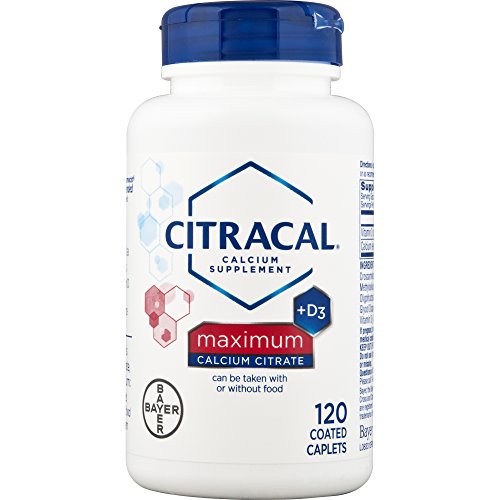
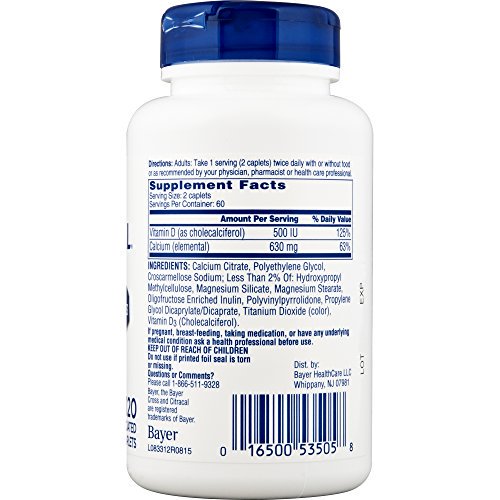
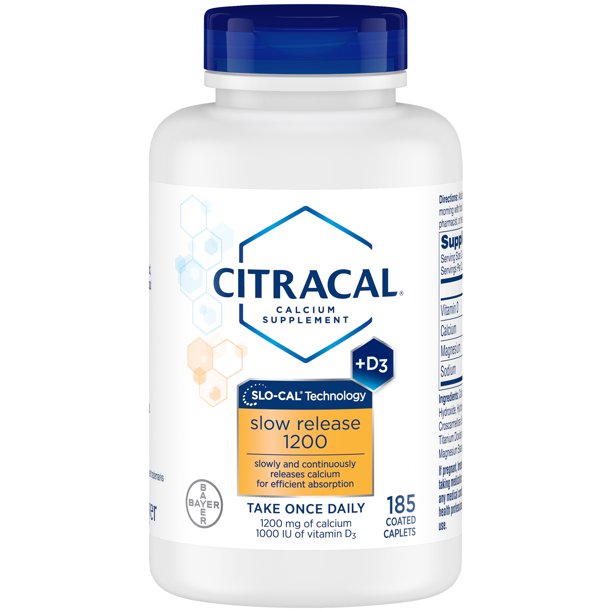
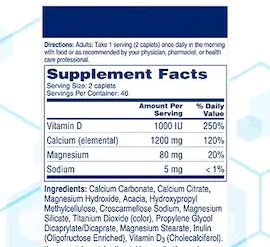
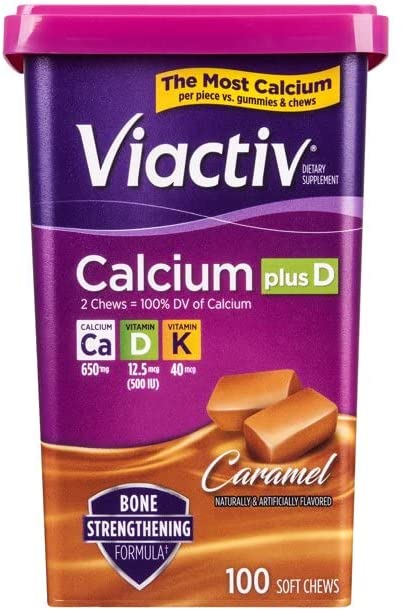
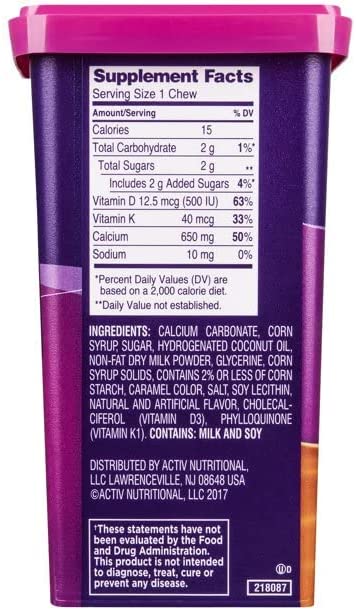
If numbness or tingling occurs, follow these dosage increases:
- If this occurs, take an additional 6 tablets of CitraCal Max and wait 1-2 hours.
- If symptoms improve, begin taking CitraCal Max 6 tabs three times a day.
- If symptoms have not improved in 1-2 hours, take an additional 6 tabs of CitraCal Max and wait another 1-2 hours.
- If symptoms persist, call our office 24 hours a day/365 at (517) 267-2460 (we have after hours phone service), or go to the nearest emergency department.
- If this occurs, take an additional 3 tablets of CitraCal SR and wait 1-2 hours.
- If symptoms improve, begin taking CitraCal SR 3 tabs three times a day.
- If symptoms have not improved in 1-2 hours, take an additional 3 tabs of CitraCal SR and wait another 1-2 hours.
- If symptoms persist, call our office 24 hours a day/365 at (517) 267-2460 (we have after hours phone service), or go to the nearest emergency department.
- If this occurs, take an additional 3 tablets of Viactiv and wait 1-2 hours.
- If symptoms improve, begin taking Viactiv 3 tabs three times a day.
- If symptoms have not improved in 1-2 hours, take an additional 3 tabs of Viactiv and wait another 1-2 hours.
- If symptoms persist, call our office 24 hours a day/365 at (517) 267-2460 (we have after hours phone service), or go to the nearest emergency department.
PLEASE NOTE:
- If you are also taking Synthroid/Levothyroxine, be sure to take this medication 4 hours before or after taking calcium, iron, or antacids as these supplements will not allow your body to absorb this medication well.
- In addition, you can consult with your pharmacist for options or call our office for clarification, if needed. You may need to increase or decrease dose depending on your symptoms, refer below to the signs and symptoms section for further instructions.
RESTRICTIONS- ACTIVITY
- Move or walk regularly during the day, as you resume activities. You may feel tired that is normal. Avoid lifting anything more than 10 pounds for 2 weeks.
- DIET
- If you notice a sore throat, begin with softer foods, then resume your regular diet as tolerated. Continue to drink fluids during the day.
- DRIVING
- Patient may not drive or drink alcohol for 24 hours after receiving anesthesia or while taking narcotics
- SHOWER/BATHING
- Do not shower or get the incision wet until 48 hours after discharge. Dab the incision dry and do not rub. Do not submerge incision in water for 2 weeks.
WOUND CARE
- The glue will likely come off in 1-2 weeks.
- Please do not try to peel it off.
- An ice pack may be used for comfort
- Apply for 20 minutes every hour, do not put ice directly on the wound area.
_______________________________________________________________________________
If you have any questions or concerns following your procedure,
please contact us at:
(517) 267-2460
(888) 451-2909 | toll free
Michael K. McLeod, MD, MBA, FACS, FACE
MSU Health Care Surgery
4660 S. Hagadorn Rd Suite 600
East Lansing, MI, 48823
517.267.2460_______________________________________________________________________________
$practiceId
Yes
Yes
No
No
No
No
No
No
Providers
MSU Health Care Surgery
- 1275053670
- Filter by Practice

